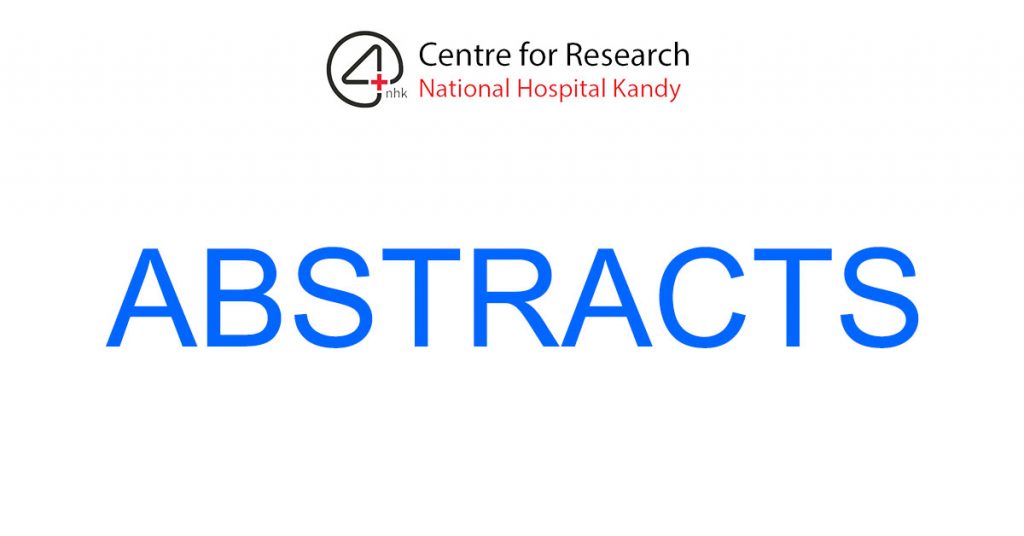Nanomedicine is the use of nanotechnology to advance healthcare innovation. It makes advantage of a material’s qualities at its nanometric scale, which are frequently different from those of the same substance at a larger size in terms of physics, chemistry, or biology.
Because many biological processes in the human body operate at the nanometric scale, nanoparticles and nanomaterials may be able to pass through natural barriers to reach new delivery sites and interact with DNA and small proteins at various levels in the blood as well as inside organs, tissues, and cells. The surface properties are increasingly becoming an intrinsic parameter of a particle’s or material’s possible activities at the nanoscale due to the surface-to-volume ratio. In order to improve the particle’s biocompatibility and length of blood circulation as well as to ensure a highly selective attachment to the intended target, coating the particles and functionalizing their surfaces (even on several levels) are extremely typical practices.
Nanomedicine has the potential to greatly enhance the diagnosis, treatment, and aftercare of numerous diseases, including cancer but not just, by enabling early identification and prevention. With hundreds of treatments currently undergoing clinical trials in nanomedicine, including those for cardiovascular, neurological, musculoskeletal, and inflammatory illnesses, all major diseases are represented. Nanomedicine is already responsible for about 80 marketed products, ranging from medical imaging, diagnostics, and biomaterials to nano-delivery and pharmaceuticals. Nanomedicine is enabling advancements in all facets of healthcare.

All areas of medicine are impacted by nanomedicine.
By providing doctors and patients with the most advanced new medications, therapies, and implantable devices, nanomedicine is recognized as a crucial enabling tool for personalized, targeted, and regenerative medicine.
In addition, nanomedicine offers significant new tools for addressing the major issue of an ageing population and is considered to be essential for better and more economical healthcare, which is a key component of making medicines and treatments accessible and inexpensive to everyone.
A great solution for the challenges in medical needs
Numerous dangerous and complex diseases, such as cancer, cardiovascular conditions, multiple sclerosis, Alzheimer’s and Parkinson’s disease, diabetes, and various types of significant inflammatory or infectious diseases are currently being fought by mankind (e.g. HIV). The majority of these illnesses have a severe detrimental effect on not only the patient but also on the entire society and any associated social or insurance systems. It is crucial to combat these ills with the right tools, many of which can be found in nanomedicine applications.
Nanomedicine has the potential to provide promising treatments for numerous disorders, raising great expectations for better, more effective, and more economical healthcare for millions of people. Nanotechnologies have a significant impact on nearly every aspect of modern medicine, including disease diagnosis, disease monitoring, undergoing surgery and chemotherapy, and regenerative medicine.
The advantages that nanotechnology can provide are already being used in a number of medical fields. Targeted medication delivery systems based on nanotechnology are now available on the market, while others are either in clinical studies or, by far the majority of them, are still being developed. Diagnostics at the nanoscale is another incredibly appealing field of nanomedicine. Finding a disease at its earliest stage is the goal. In an ideal world, a single cell that is acting abnormally would be found, treated, or eliminated. Many patients with serious injuries or organ failure have hope because to new ideas in regenerative medicine. Already by now, artificial skin, bone and cartilage are in an final stage of development and partly already on its way to the market.


